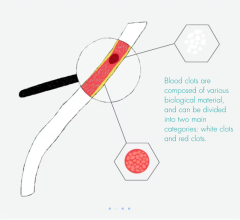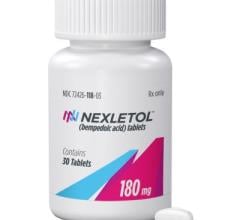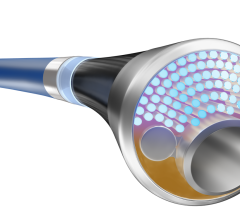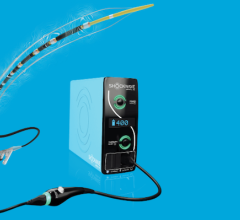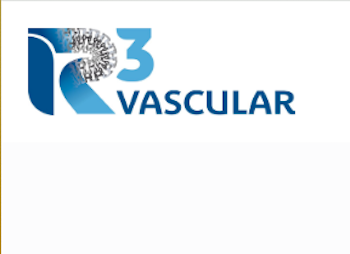
Jan. 13, 2025 – R3 Vascular Inc., a medical device company dedicated to treating peripheral arterial disease (PAD), recently announce it received WCG Institutional Review Board (IRB) approval for the ELITE-BTK Pivotal Trial of its MAGNITUDEÒ Drug Eluting Next Generation Bioresorbable Scaffold for Below-the-Knee Peripheral Arterial Disease (PAD).
This approval allows the trial to take place at institutions that utilize WCG IRB as their central IRB in the United States. Additionally, the company announced that the Centers for Medicare & Medicaid Services (CMS) has granted Category B approval for the investigational device exemption (IDE) study, ensuring Medicare coverage for the device, related and routine items, and services for the ELITE-BTK trial.
Commenting on the announcements, Christopher M. Owens, president and chief executive officer of R3 Vascular said, “We are very pleased to have received IRB and CMS Category B approval so quickly. These important milestones validate the potential of R3 Vascular’s break-through technology and help accelerate our path to first enrollment of our ELITE-BTK Pivotal Trial to measure the impact of MAGNITUDE on patient outcomes and its ability to meet this critical and growing clinical need.”
Josh Smale, Vice President of Global Clinical and Scientific Affairs of R3 Vascular added, “Securing WCG and CMS approvals enables us to move forward quickly with investigational site activation activities, which brings us one step closer to first subject enrollment. I’m extremely proud of the great work our team has done to continue to accelerate and maintain our momentum between these milestones, as well as our continued urgency to get this next generation product delivered to patients.”
Eric A. Secemsky, M.D., MSc, Director of Vascular Intervention at Beth Israel Deaconess Medical Center in Boston, Massachusetts and lead investigator for the ELITE-BTK pivotal trial said, “R3 Vascular’s novel approach in the design of its next generation bioresorbable drug eluting scaffold is of great interest to the physician community and has the potential to transform the field of peripheral interventions. We are eager to assess the impact of the MAGNITUDE scaffold on patient outcomes, which is now even closer to reality with the completion of these latest important milestones.”
The National Institutes of Health estimates PAD affects 8-12 million people in the U.S. and one in 20 Americans over the age of 50.
More information can be found at www.r3vascular.com.


 September 12, 2025
September 12, 2025 



